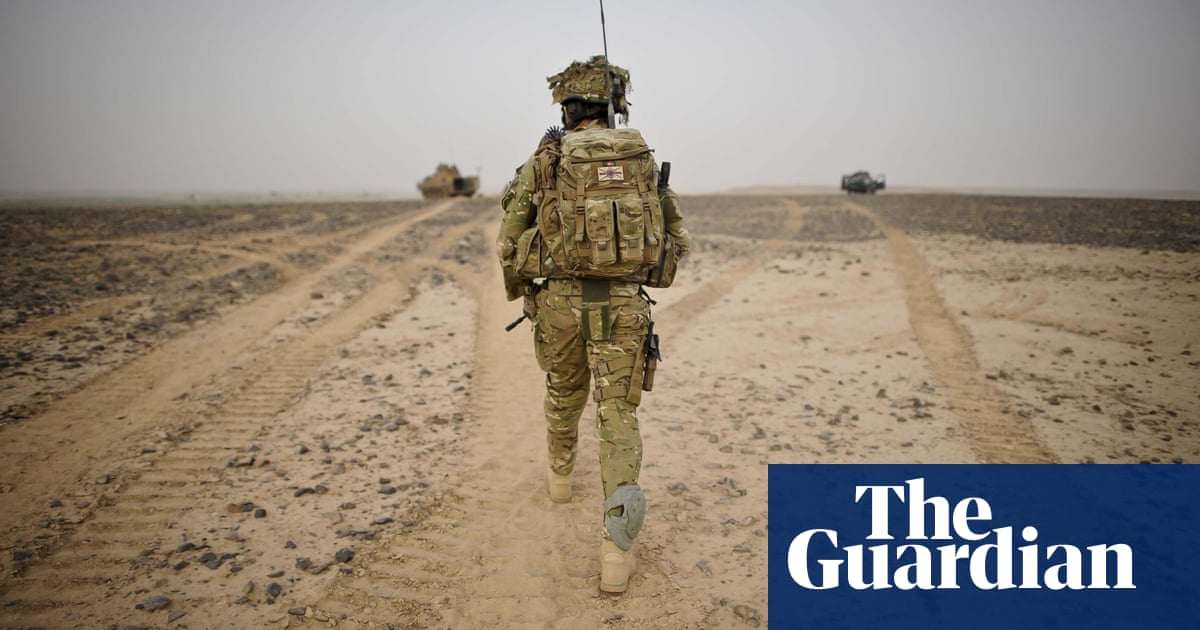- cross-posted to:
- worldnews@lemmy.ml
- cross-posted to:
- worldnews@lemmy.ml
Removed by mod
Well, at least the right people got punished. I’m talking about the whistleblower of course.
I hope so too, but for decades, the British government has done its utmost to prevent members of the military from being prosecuted for killing civilians in Northern Ireland, so I am not holding my breath.
You gotta be a particular kind of person to be able to pull the trigger while aiming at a kid.
Deep-rooted racism and dehumanizing a group of people certainly “helped”.
I think I recall a small scandal because the U.S. considered basically every male in Afghanistan over 16 to be an enemy combatant. I forget the exact details but I remember criticism for undercounting civilian deaths by getting extremely loose with the definitions.
After stories if the other SAS units, it was only time until the UK also ended up in the news.
This is the best summary I could come up with:
Oliver Glasgow KC, the counsel to the inquiry, focused on seven deadly operations in Helmand province in southern Afghanistan, including one in February 2011 where only three AK47 assault rifles were recovered after the nine had been killed.
Raids on family compounds, intended to target Taliban commanders, “were abused by elements within UK special forces”.
It marks the start of a process long sought by the victims but was only granted by Conservative ministers after two families took the British government to court.
Secrecy conditions imposed by the inquiry mean large parts of it will be held without the public or press present – and that the identities of any soldiers involved have been redacted, as well as the names of their commanding officers and other members of the SAS and many others in the British military.
Glasgow also highlighted emails that appeared to indicate there was an effort to brush concerns under the carpet, and scepticism in some quarters that internal reports on the growing number of deadly incidents were not credible.
A legal officer for the SAS said in February 2011 he was concerned about “the recent spate of high EKIA [enemies killed in action] and said: “I get the sense that the way we are writing these up will not bear scrutiny in years to come,” adding that they would be picked up by lawyers “in the inevitable public inquiries”.
The original article contains 440 words, the summary contains 233 words. Saved 47%. I’m a bot and I’m open source!




